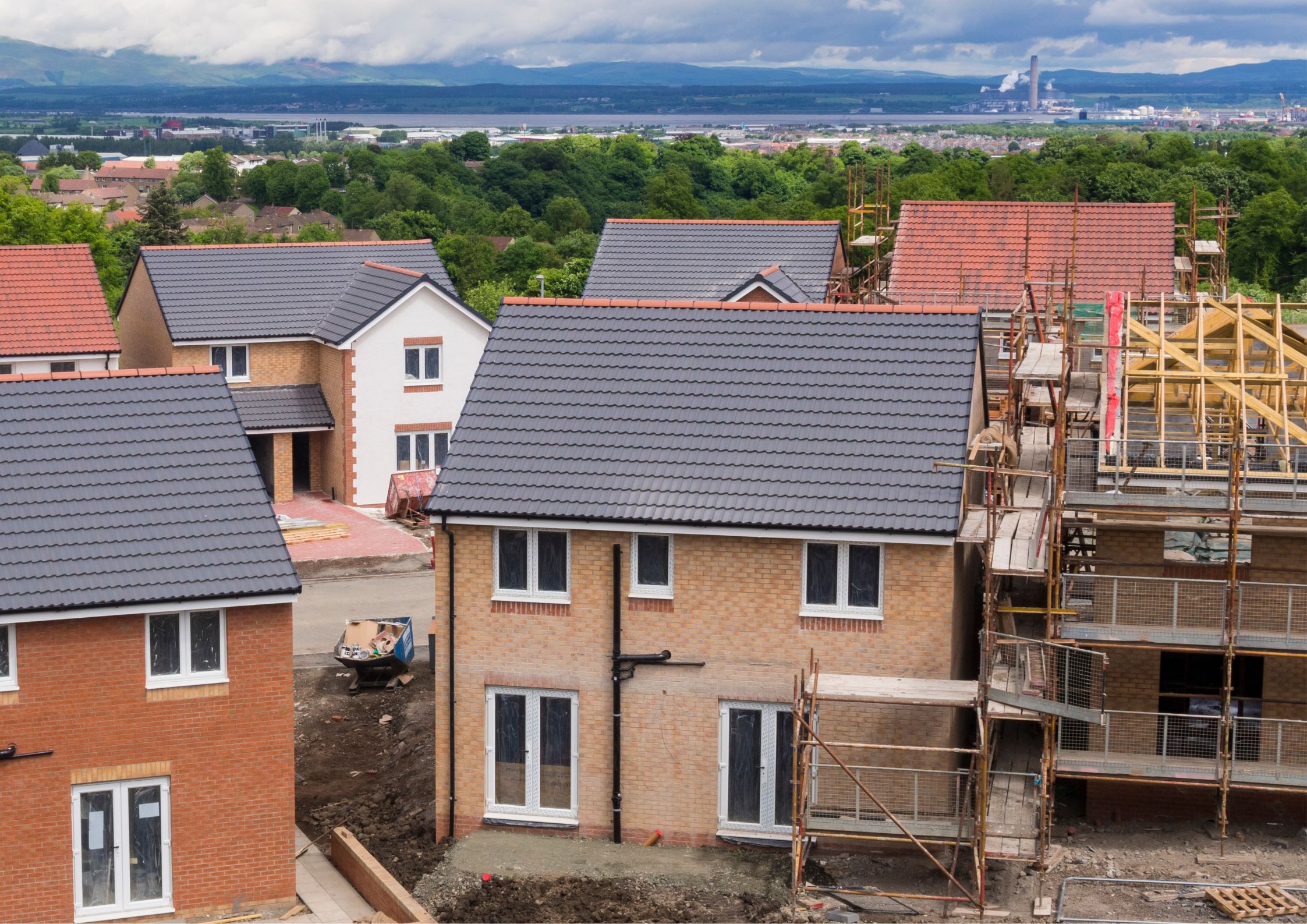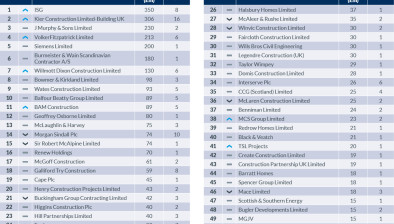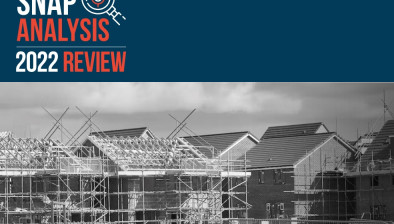UK construction saw an £11.1bn fall in spending in 2023

Contracts Awarded for construction projects in the UK fell £11.1 billion to £69.2bn in 2023, a 14% reduction from a record £80.4bn in 2022, according to the latest analysis from construction analysts Barbour ABI.
Sectors hit by the cost-of-living crisis were particularly affected with residential housebuilding down 14%, commercial developments down 15% and Hotel and Leisure falling dramatically by 29%.
A lack of confidence in the market was also reflected in applications for new construction projects, which fell by 16% to under £100bn. Housing applications are now 21% down on pre-pandemic levels.
Barbour Consulting economist Kelly Forrest, commented: “2023 was challenging for the UK construction sector. In addition to viability challenges from higher construction costs and borrowing rates, consumers and business confidence remained weak.
2023’s good news stories were largely confined to the public sector as the government’s flagship school and hospital building programmes finally started to build some momentum amid moderating cost inflation and mounting political pressure.”
Barbour ABI found that education awards bounced back to £6.1bn in 2023, a 20% uplift compared with 2022, and a 19% increase from 2019. Meanwhile, Healthcare beat 2022 by 4% and is now 160% higher than pre-pandemic levels.
Ms Forrest continued: “Overall weakness concealed pockets of buoyant sub-sector activity. Energy was a particular bright spot as investment poured into energy from waste and energy storage facilities, along with offshore wind.”
Infrastructure spending, including government-funded projects, remained an important crutch for the industry in 2023. Contract awards fell 22% to £15.2bn but remained 47% higher than in 2019.
Energy projects were a big driver. Windfarms, battery storage facilities and large waste-to-energy contracts all helped maintain awards momentum.
Meanwhile, applications remained 62% higher than pre-pandemic levels and analysis of demand side approvals, still double pre-pandemic levels, suggests infrastructure will continue to perform in 2024.
Looking ahead Forrest concluded: “In early 2024 there are a few reasons to be optimistic. Interest rates are likely to have peaked and inflationary pressures have eased markedly. Entering what is very likely to be an election year there is a risk there will be a hiatus in public sector investment as key decisions are postponed. The speed and resilience of the private sector recovery will be pivotal.”























